Yelling optional. Bread mandatory.
Most people don’t like conflict but avoiding it doesn’t make it go away. It just buries it under laundry piles and polite texts like “all good” (when it’s very much not all good).

Here’s what the Mediterranean mindset teaches:
arguing isn’t failure. It’s friction. It’s movement. It’s air getting cleared so people can actually breathe again—together.
The difference? There, it happens openly. Emotionally. Sometimes dramatically. But never to destroy. Just to get back to something that works.
If your home is full of unsaid things, tiny resentments, or arguments that take a week to recover from—you’re not alone. But you don’t have to live like that either.
Let’s talk about how to fight better. And how scent, space, and daily rituals can help.
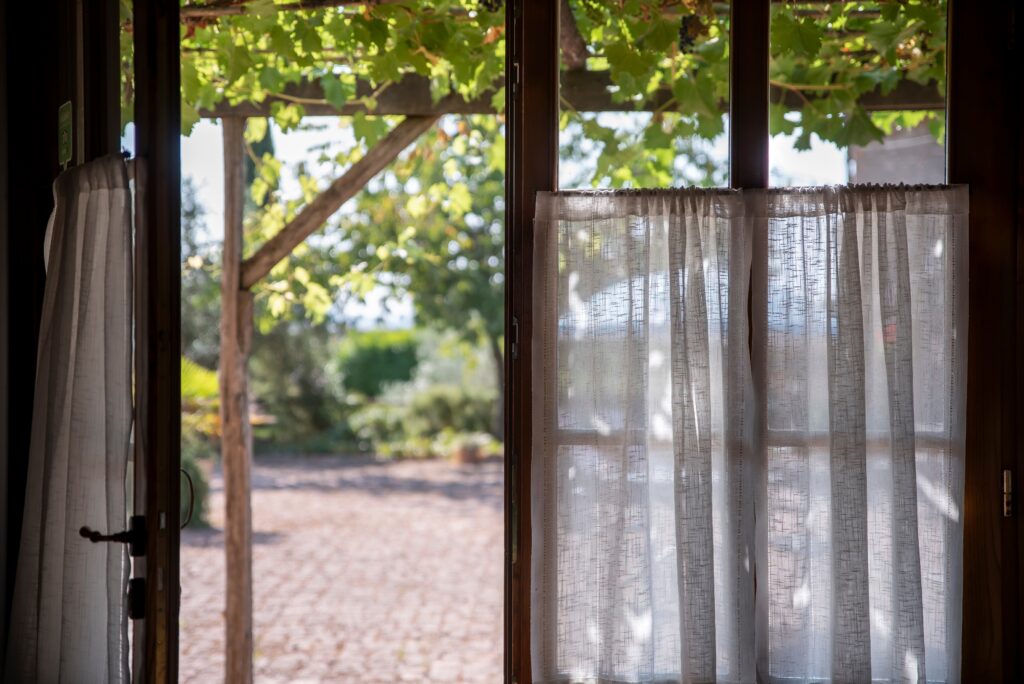
Say it before it festers (or at least before lunch)
One of the best Mediterranean habits is emotional directness. You say the thing, even if you haven’t rehearsed it. You don’t wait until Sunday when everyone’s tired or during dinner with guests. You say it before the toast burns.

Try:
“Hey, that didn’t sit right with me.”
“I know I’m moody but here’s why.”
“I’m not mad, but I am weirded out.”
Make this a habit—not a bomb.
Ritual tip: Set a rule in your home that no hard conversations happen after 9 p.m. or when anyone’s hungry. Keep something light and fresh nearby to scent the room. It helps shift the mood from threat to openness.
Don’t confuse volume with threat—or silence with maturity
One person might speak loudly. The other might shut down. Neither is wrong. But both need to be named.
Mediterranean culture allows for noise without shame. Volume can be energy, not attack. Just like silence can be processing, not punishment.
If you’re the loud one, add a “I’m not mad, just expressive” early in.
If you’re the quiet one, say “I need five minutes. I’ll come back.”
Tactile tip: Keep a grounding scent by the door or in the hallway. Use it as a literal reset—spray it when you’re ready to talk again.
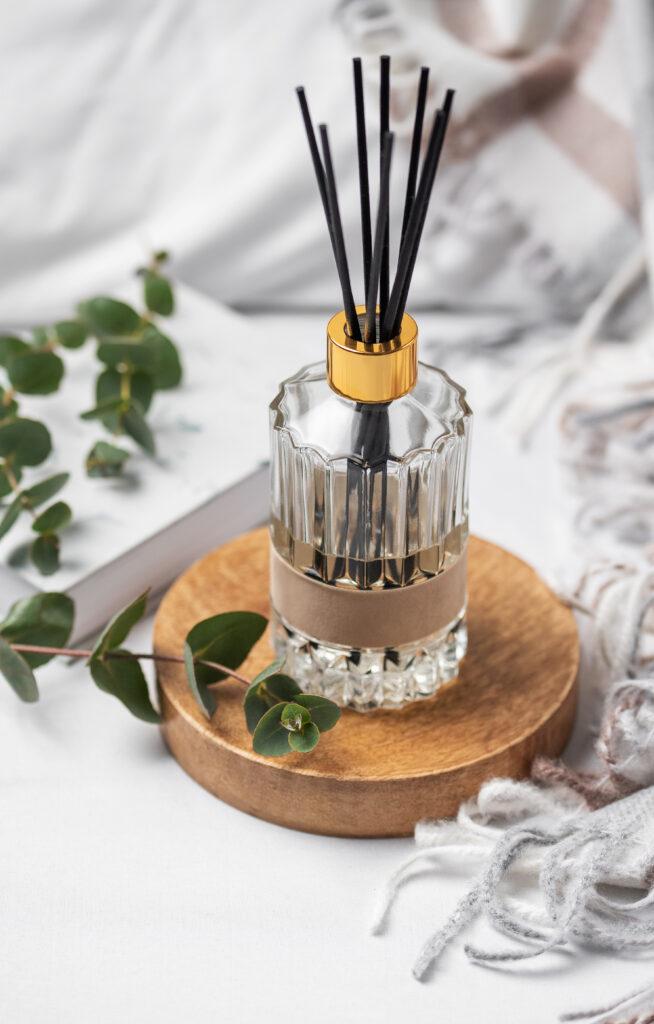

Use the house to help you reconnect
A tense home holds tension.
If your space feels tight, heavy, or like the argument’s still echoing—it probably is.
Shift the physical environment to change the emotional one.
Light something earthy.
Open a window.
Put on music that isn’t sad piano or death jazz.
Sit at the table, not slumped on separate couches.
Set the table—even if it’s just tea.
Item tip: A well-placed print with calm energy or a small bowl you pass between each other while sharing snacks can literally shift body language from “distance” to “we’re here.”
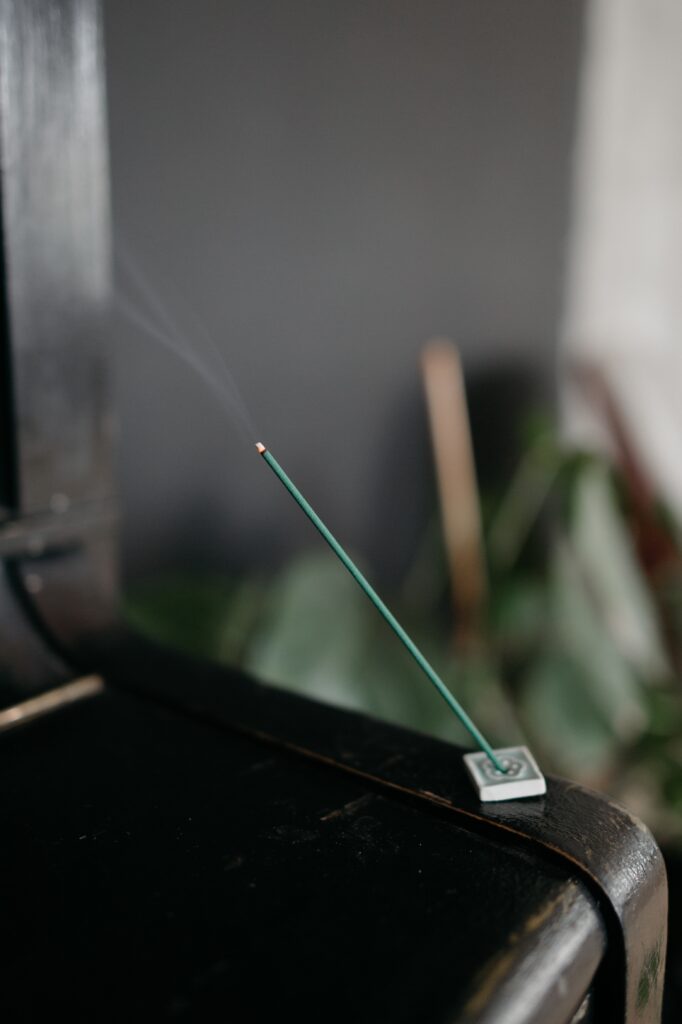

Conflict doesn’t always need resolution. It needs a shift.
Not every disagreement needs a deep talk or perfect conclusion.
Sometimes it needs space.
Sometimes it needs distraction.
Sometimes it just needs both of you doing something mildly useful until the heat fades.
Mediterranean homes are not productivity palaces. They are places where people pause, rest, cook, argue in the kitchen, and then somehow laugh by dessert.
That mindset helps. A lot.
Tip: Get up. Clean something small. Slice fruit. Rearrange a corner. Turn on a scent diffuser or spray a minty reset scent and literally walk through the emotional smoke.
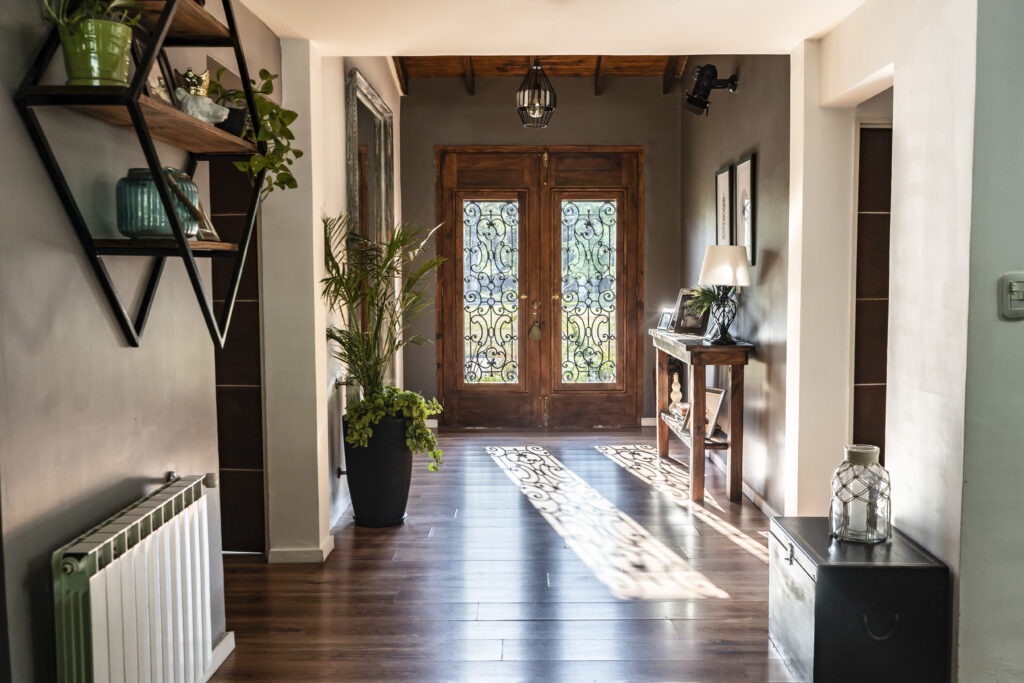
Don’t weaponize the space. Let it help.
It’s easy to assign meaning to things when you’re tense.
“He left the towel on the chair = he doesn’t care.”
“She didn’t answer immediately = she’s avoiding me.”
Nope.
Maybe he was distracted. Maybe she was tired. Maybe nobody’s perfect.
When your space feels neutral—not like it’s holding a grudge—it becomes easier to come back together.
Atmosphere tip: Keep a scent, a print, or an object in every room that reminds you of calm, not conflict. Let your space hold you both—without taking sides.
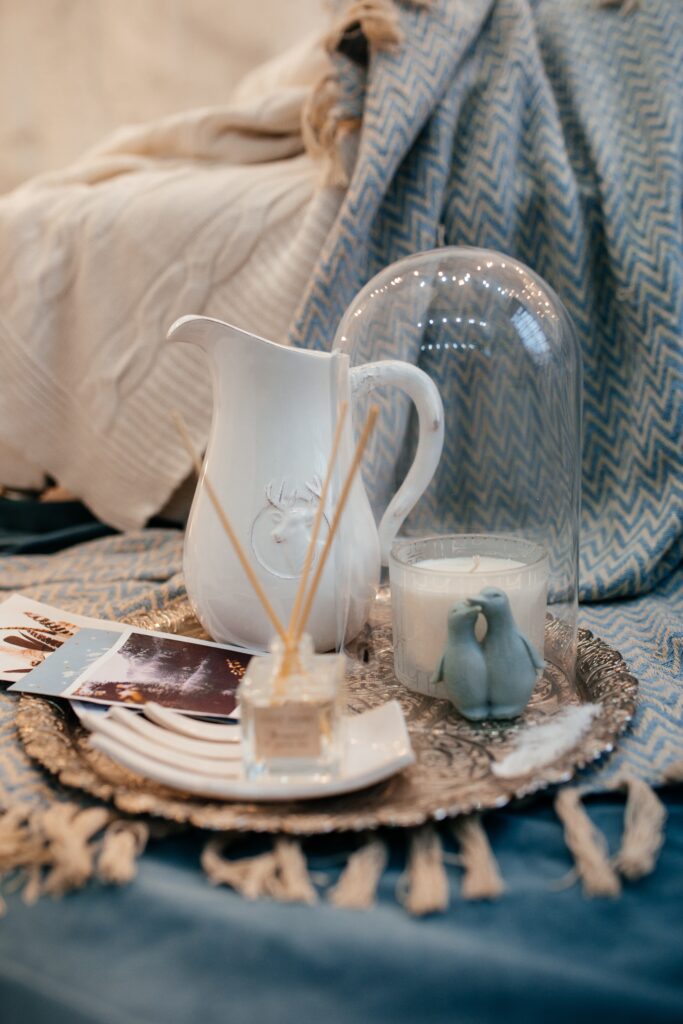
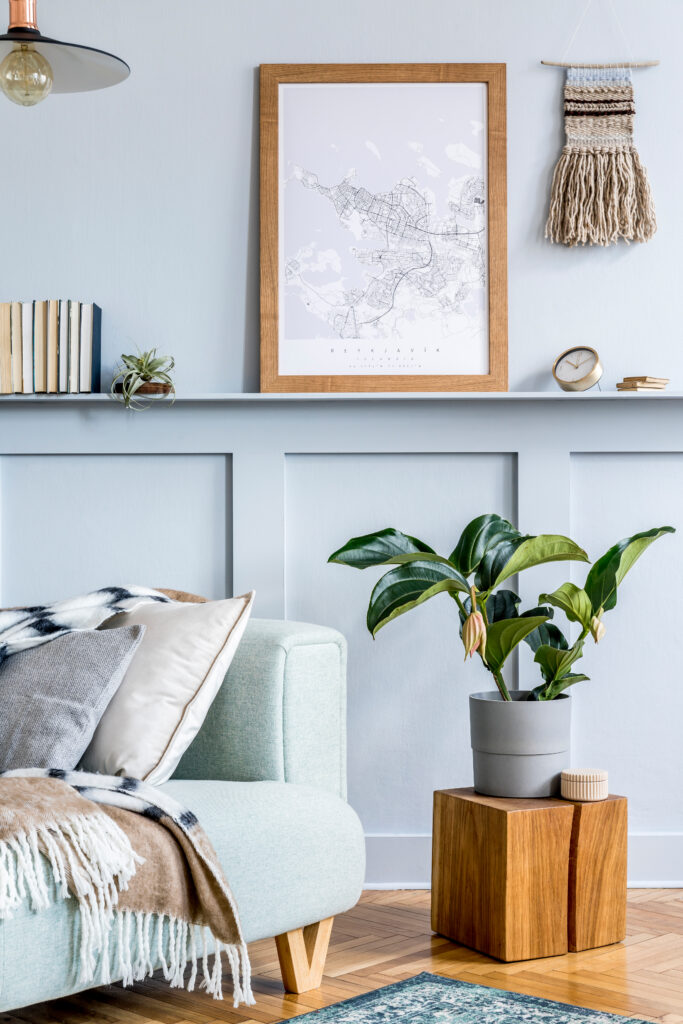
Make up with intention—not performance
Skip the grand apology speeches. Go for presence.
Sit at the table. Make tea. Pour some juice.
Say, “Okay. Want to reset?”
A little warmth in the room helps.
So does a scent that smells like a second chance.
And if words feel too much, just show up. Together.
Even that is enough.

Summary: Mediterranean Mindset = Shorter Fights, Longer Peace
Arguing doesn’t mean your relationship is broken.
It means you’re in motion.
The trick is to move through it honestly, not dramatically.
Say what you feel. Let the space hold the tension briefly—then clear it out.
Create small rituals to help your home support your relationships.
- A scent that resets
- A print that calms
- A candle that shifts the room
- A corner that says “you’re safe here”
Explore our favorite tools for emotional reset and everyday peace.
Don’t try fixing everything.
Just try to make your space kinder, one argument at a time.
Comments +